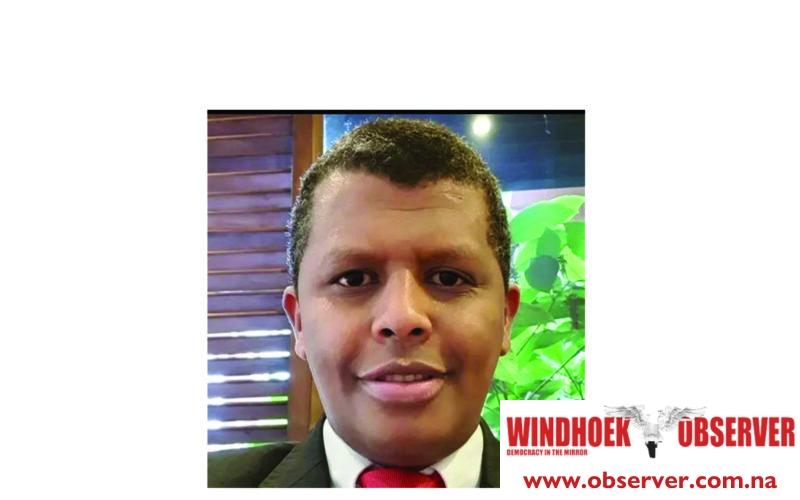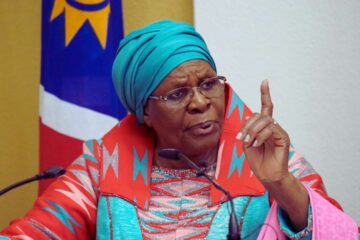Moses Magadza
A senior United Nations Population Fund (UNFPA) official has presented findings from a recent vulnerability assessment showing that climate change is magnifying existing humanitarian, health and gender challenges in South Sudan.
Hussein Hassan, the emergency coordinator and head of the UNFPA Humanitarian Response Unit in South Sudan, presented the assessment at a high-level workshop convened by the SADC Parliamentary Forum and UNFPA for researchers and senior parliamentary staff in Johannesburg on Monday.
Speaking via Zoom, Hassan outlined the scale of South Sudan’s climate crisis.
He said rising temperatures, which are projected to increase by up to 2.5°C by 2050, combined with erratic rainfall, severe floods, droughts, and climate-driven epidemics, have displaced well over one million people since 2020, particularly in Jonglei, Unity, and Upper Nile States.
“South Sudan’s coping capacity is among the lowest globally, rated at 9.5 out of 10 in terms of vulnerability,” Hassan explained and added, “This reflects not just environmental pressures but weak infrastructure, governance gaps, and entrenched gender inequalities.”
The assessment revealed a sharp gendered dimension to the crisis. Women and girls, already burdened with caregiving and food production responsibilities, are facing heightened risks to their health and safety.
“Sexual and reproductive health services are often deprioritised during disasters,” Hassan said.
He warned that this leads to poor maternal outcomes, unintended pregnancies, and lack of emergency care.
He noted that 50% of respondents reported a rise in gender-based violence (GBV) in climate-affected areas, with droughts emerging as the strongest predictor of violence.
Hassan spoke of maternity clinics shutting down during heatwaves, staff being unable to report for duty, schools closing, and 72% of women facing GBV risks when fetching water or firewood.
Families in extreme climate-induced poverty were resorting to early and forced marriages, exchanging girls for cows, food, or cash, while boys were pushed into child labour, including dangerous gold mining and even gang recruitment.
“Women remain largely excluded from decision-making despite being the most affected,” Hassan cautioned and added, “Quotas exist on paper in climate plans, but they are not enforced.”
The study also highlighted safety concerns regarding displacement camps.
“Women told us they fear night-time attacks due to lack of lighting and security patrols,” Hassan said, stressing that climate disasters were not just displacing people but creating fertile ground for violence and exploitation.
He advocated for urgent, multi-sectoral action to address the overlapping crises of climate change, gender inequality, and weak health systems.
His recommendations included strengthening health systems through deploying mobile maternity clinics, building climate-resilient infrastructure, and integrating SRHR into disaster response planning.
To combat gender-based violence, he urged the expansion of legal protections, improved camp security, and the scaling up of community-led GBV prevention initiatives.
He called for efforts to ensure gender-responsive climate policy, guarantee women’s representation in decision-making bodies, and provide them access to climate finance.
He called for provision of vocational training, alternative livelihoods, and microfinance to reduce economic dependency that fuels harmful coping mechanisms, as well as expansion of literacy programmes for women and girls and integration of climate awareness into school curricula.
“These findings show that climate change is not a distant threat. It is already reshaping lives, deepening inequalities, and threatening the future of a generation,” Hassan concluded.
*Moses Magadza is the media and communications manager at the SADC Parliamentary Forum.
Caption
Hussein Hassan, the emergency coordinator and head of the UNFPA Humanitarian Response Unit in South Sudan.
- Photo: Contributed




